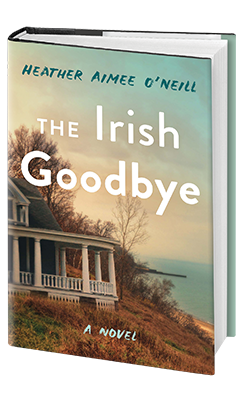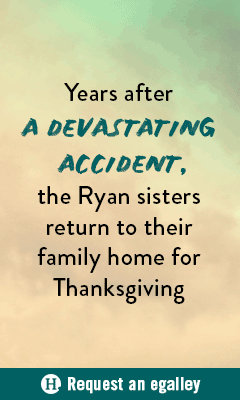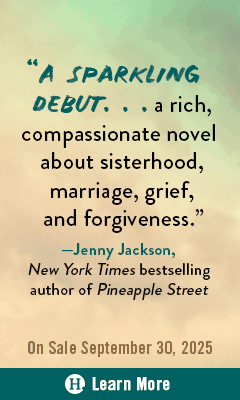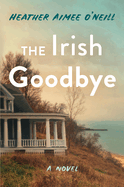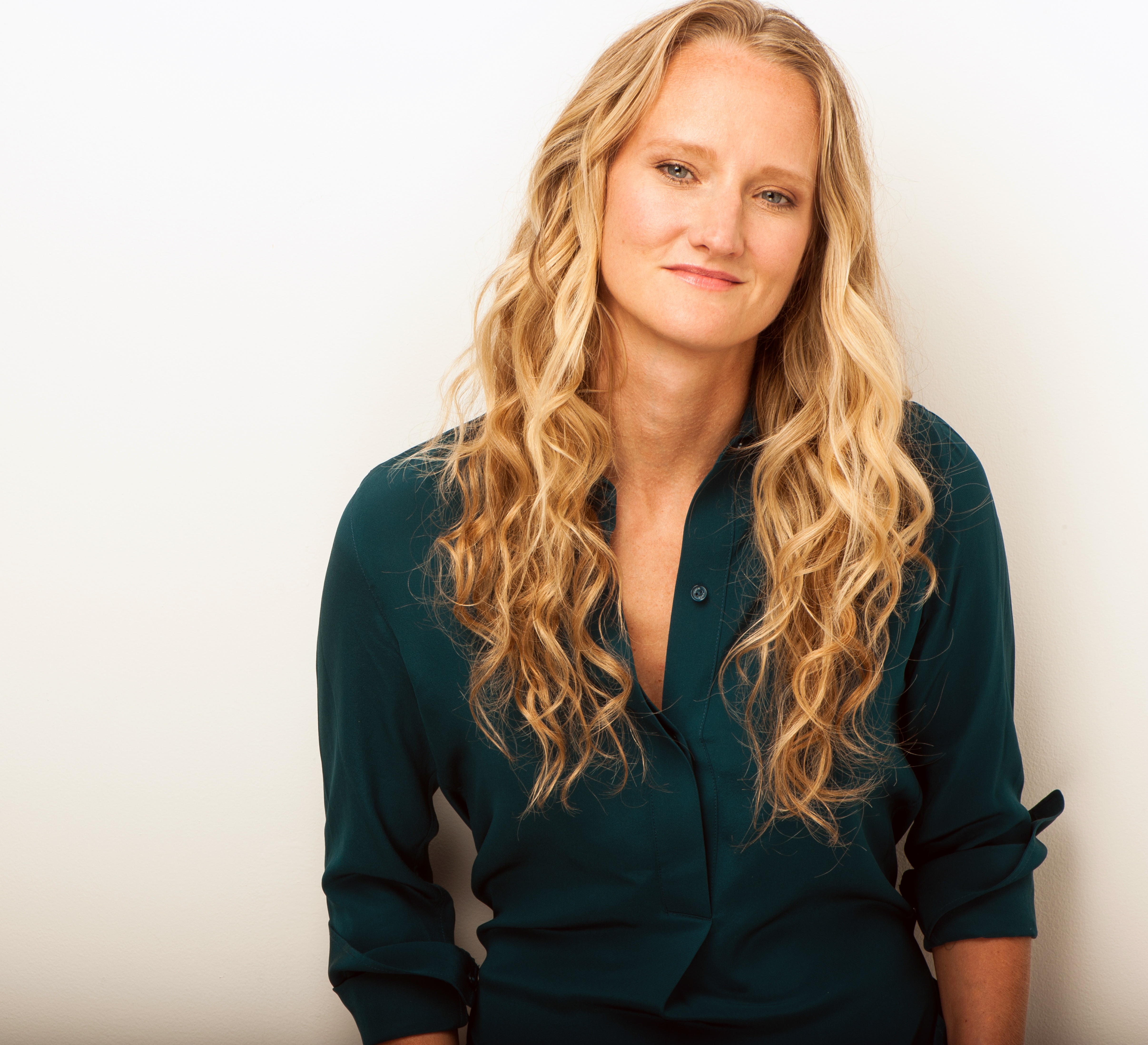The Irish Goodbye
by Heather Aimee O'Neill
In her debut novel, The Irish Goodbye, poet and editor Heather Aimee O'Neill (Memory Future, Obliterations) gives readers a moving story of heartache and healing. The Ryan children once numbered four, until a boating accident and its fallout forever changed their family's trajectory. Twenty-five years after the accident, the remaining siblings--Maggie, Alice, and Cait--gather at their Long Island home for the first time in many years, bringing both their current woes and decades of resentment along with them.
The Irish Goodbye opens in the summer of 1990 with two of the three sisters, Maggie and Alice, at the beach when their brother Topher's boat, with a friend, Daniel Larkin, at the helm, crashes. The accident goes from bad to worse; Daniel doesn't survive, and Cait presciently tells her sisters that "everything's different now."
In the present, Maggie teaches high school English and is dating Isabel, a writer-in-residence at the school. Maggie recently ended an affair with the wife of one of her school's trustees, and is internally spiraling over her secrets and the specter of losing her job. Cait lives in London with her children, twins Poppy and Augustus. She is a year past her divorce, recently unemployed, and unexpectedly back in touch with her high school boyfriend-of-sorts. Alice still lives in their hometown, where she takes care of her parents, her husband, Kyle, and their sons, James and Finn, while attempting to restart her career as an interior designer and reclaim an identity outside of caretaker.
From this stage-setting of where each sister has ended up since the accident, O'Neill alternates between the sisters' points of view as they arrive for the Thanksgiving holiday, spinning a tangled web of the complexities that are so common among families. There's a persistent undercurrent of tension from Alice, who resents her sisters for leaving her to take care of the crumbling family house and aging parents, and who finds herself unexpectedly pregnant and considering an abortion. Maggie feels on display and ignored by her relatives all at once, both proud of her girlfriend and aware of her Irish Catholic mother's discomfort with her gayness. Cait drinks heavily, feeling mostly annoyed by her children, adrift after not making partner at her firm, and attracted to the painful thrill of secretly reconnecting with an ex. But Luke Larkin isn't an ex in isolation; he's connected to the worst moments in their family history.
Daniel was Luke's younger brother, and in the years after the boating accident, the Larkins pursued a wrongful death lawsuit that essentially bankrupted the Ryan family and required Topher to accept legal responsibility for Daniel's death. Topher became a nomad, appearing and disappearing from his sisters' lives for the next decade or so before ultimately dying by suicide. O'Neill deftly weaves memories of these painfully heavy events--Cait reflecting on how her heady first love with Luke contributed to Daniel's presence on the boat; Maggie still working to cope with being the one who discovered Topher's body--with honest, hard conversations that begin excavating layers of grief to allow the love underneath to resurface.
The tender ache of these deep wounds and the level of effort it takes to start overcoming them shines strongest in Alice. She berates Cait for assuaging her guilt via expensive trips and catering their holiday meal ("You think this is what they need help with? Or first-class tickets to visit you in the Cotswolds? They can't afford long-term care insurance. Have you seen the roof? It's rotting!"). She warns her mother that she will lose Maggie if she doesn't change her behavior (" 'Maggie knows I love her,' Nora said finally. 'I love her very much.' 'But do you respect her?' Alice asked. 'The life she's living? Who she is? The choices she's made?' "). And she stands firm in her decision to prioritize the future she wants to claim--one that involves further schooling and a career, not a dangerous third pregnancy ("Part of her found it liberating, but another part of her was terrified and mourned the loss of the baby already. She could cry tears of relief and tears of heartache all at once."). No tidy narrative bow wraps up the Ryans' story; tensions mount over the course of the holiday, before finally exploding around the Thanksgiving dinner table. In the aftermath, they make the best plan they can for the immediate future, reaching a tentative peace that, despite being about a fictional family, feels true to life.
Although simply surviving life's difficulties--what the Ryans have been doing up to the point that readers meet them--is a valid approach, The Irish Goodbye asks readers to consider what a family could look like if its members banded together to make space for the best and worst of each other as they reforge a closer bond. It's here, in this holding of multiple truths while acknowledging the way life events and religious beliefs impact one's choices, that the novel is at its best. The ways in which those closest to a person often cause the most pain while offering the deepest love is the heart of O'Neill's affecting novel, and it's a truism that feels universal, whether with blood relatives or chosen family. --Kristen Coates



